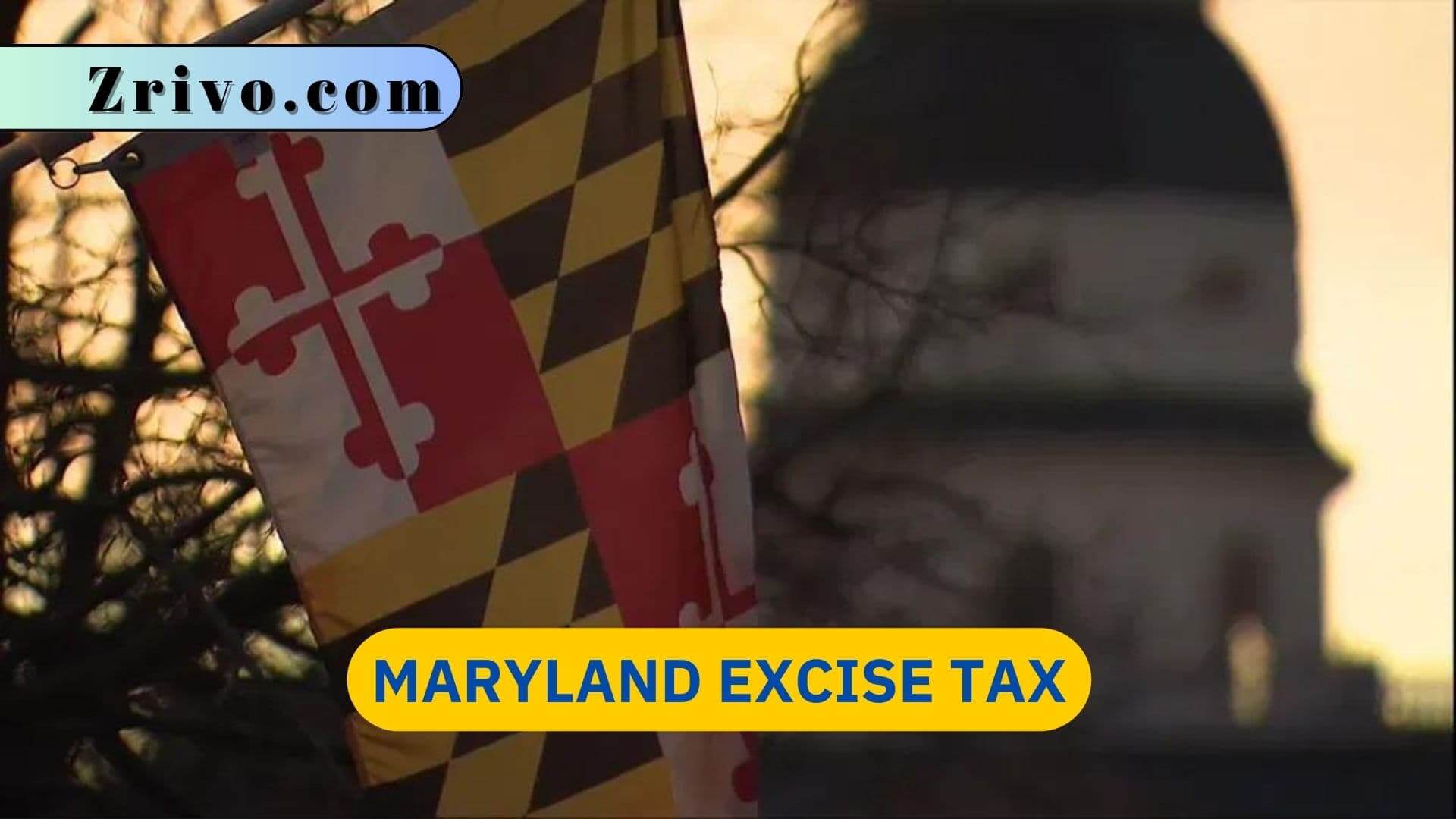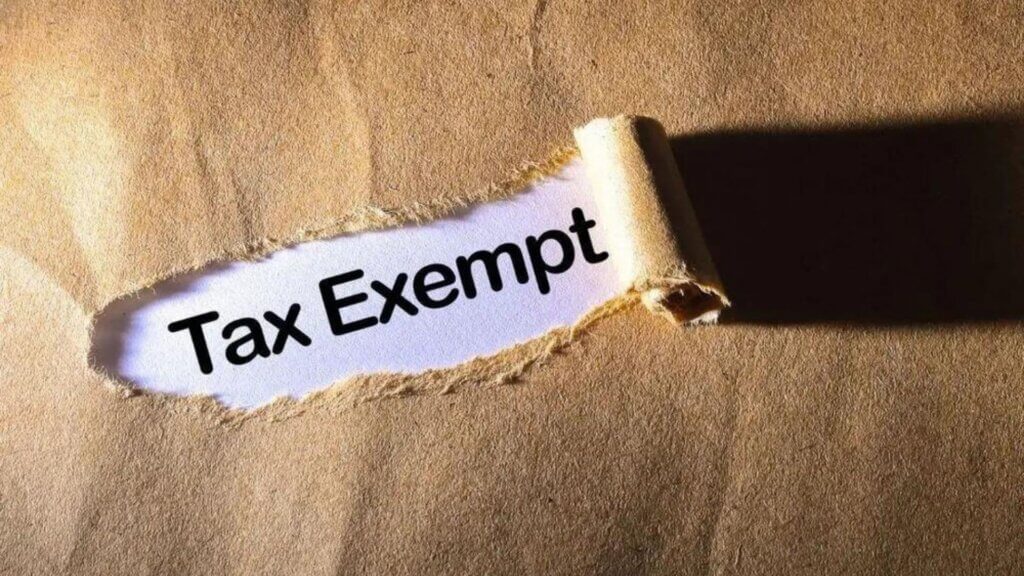
The state of Maryland collects special excise taxes on the sale and transfer of automobiles and motorcycles. Currently, Maryland collects a six percent state sales tax on new and used vehicles. These taxes are similar to registration and title fees but are paid directly by the end consumer and documented with official documentation. Unlike standard excise taxes, these special taxes are not deductible on Maryland income tax returns.
You may pay the Maryland excise tax by check or money order, or through electronic payment options such as direct debit. Electronic payment methods eliminate the risk of lost mail or postage costs and may help you avoid late fees. To take advantage of the lower Maryland excise tax rates, you must title and register your vehicles within 60 days of declaring residency in the state. If you are a new resident, it is recommended that you visit an MVA branch office to complete the process.
If you operate a business in Maryland, consider using a sales and use tax automation software solution. Such tools offer a range of sorting, data review, and calculation tools that can help you determine the amount of tax owed on each transaction.

Maryland Excise Tax Exemption
There are a number of ways to avoid paying sales and excise taxes in Maryland. Some of these include using public transportation, joining a carpool, and taking advantage of hiker and biker trails. Other options include purchasing fuel-efficient vehicles and avoiding unnecessary trips. Those who wish to minimize their exposure to Maryland’s excise tax should also consider switching to biodiesel fuels.
A few ways to reduce your Maryland excise tax liability include using sales tax exemptions and resale certificates. Exemptions and resale certificates must be valid and signed before the Maryland Department of Comptroller can validate your purchase and exempt you from paying sales and excise taxes. In addition, some states offer sales tax holidays, during which specific goods are exempt from sales and use taxes for a limited period.
Due Dates
Taxpayers may choose to pay their taxes annually or semi-annually. Annual payments must be made by July 1st. Semi-annual payments are due by September 30th and become delinquent on January 1st. Delinquent taxes are subject to a penalty and interest charge, which is compounded monthly until paid.